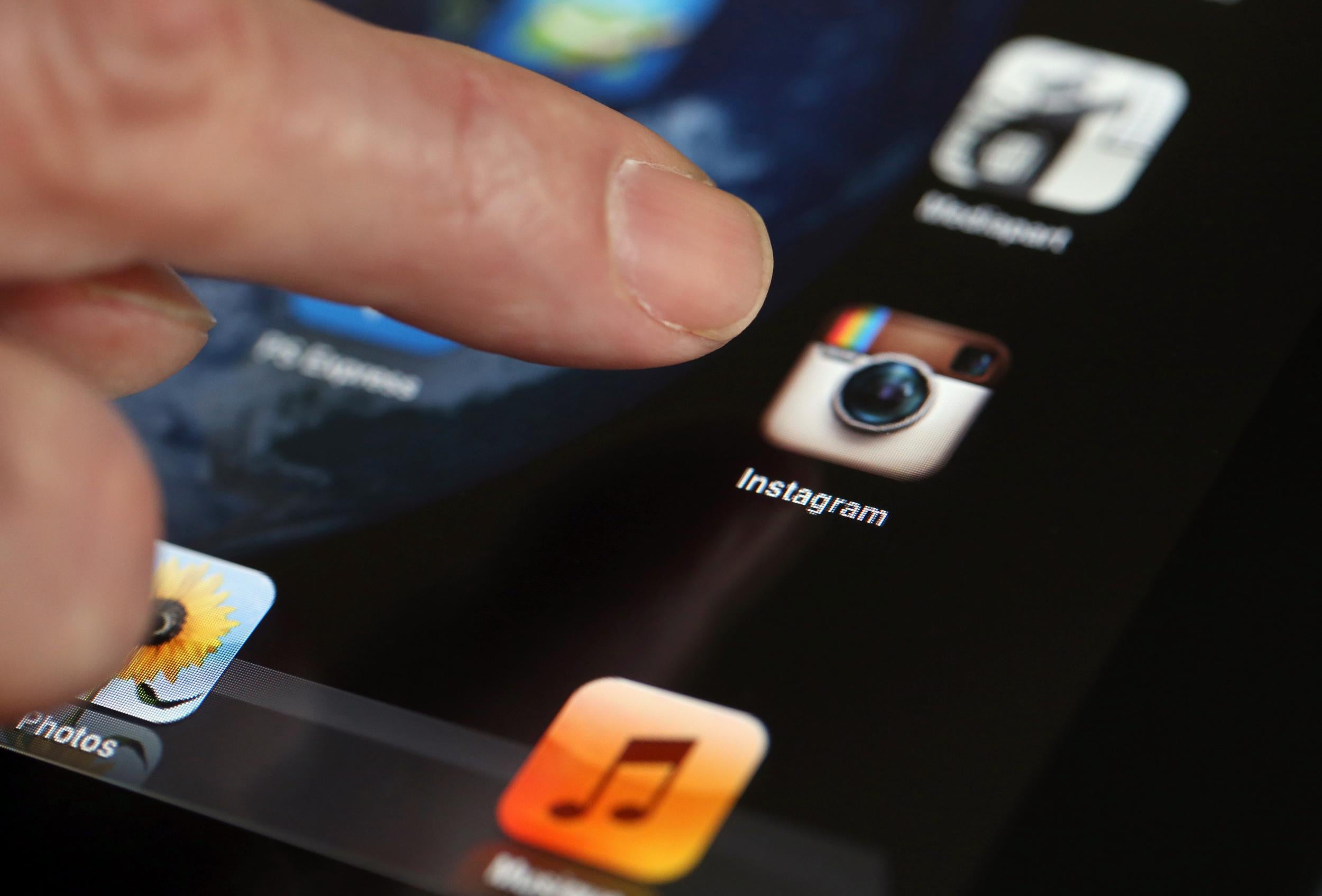Children increasingly disillusioned with social media, survey shows
British students said they want to see fewer advertisements and less fake news

Your support helps us to tell the story
From reproductive rights to climate change to Big Tech, The Independent is on the ground when the story is developing. Whether it's investigating the financials of Elon Musk's pro-Trump PAC or producing our latest documentary, 'The A Word', which shines a light on the American women fighting for reproductive rights, we know how important it is to parse out the facts from the messaging.
At such a critical moment in US history, we need reporters on the ground. Your donation allows us to keep sending journalists to speak to both sides of the story.
The Independent is trusted by Americans across the entire political spectrum. And unlike many other quality news outlets, we choose not to lock Americans out of our reporting and analysis with paywalls. We believe quality journalism should be available to everyone, paid for by those who can afford it.
Your support makes all the difference.Almost two thirds of schoolchildren would not mind if social media had never been invented, a survey has indicated.
The study provides evidence of a growing backlash among young people disillusioned with the negative aspects of the technology, such as online abuse and fake news.
As well as the 63% who would not care if it did not exist, even more pupils (71%) said they had taken temporary digital detoxes to escape social media.
The survey of around 5,000 students at independent and state schools in England was commissioned by Digital Awareness UK and the Headmasters' and Headmistresses' Conference (HMC), a body which represents the heads of independent schools around the world.
Many respondents indicated that social media is having a negative impact on their emotional well being.
A total of 57% said they had received abusive comments online, 56% admitted to being on the edge of addiction, and 52% said social media makes them feel less confident about how they look or how interesting their life is.
While more than 60% believed friends showed a "fake version" of themselves on social media, 85% of pupils questioned denied they were guilty of that themselves.
The feedback was not all negative, with students identifying memes, filters/lenses and storytelling features, such as Snapchat Stories, among the things they like about social media.
Asked to recommend improvements, students urged less advertising (71%), less fake news (61%), more creative content (55%) and greater privacy (49%).
One in three of those surveyed said they would like to see social media provide more opportunities to earn income.
At Benenden, a private boarding school for girls in Kent, pupils recently undertook a voluntary three-day social media blackout when they handed over their phones.
Headmistress Samantha Price said the survey results chimed with her experience of Benenden's "phone fast".
"In the run-up I was worried about how the girls would cope but afterwards they were wondering what all the fuss had been about and said we should do it again but for even longer next time, which I found incredibly reassuring," she said.
"When young people have time away from social media they see and feel the benefits: they sleep better, concentrate and therefore learn better and feel better. Of course, social media and the internet are not the enemy - there are enormous positives to them - but it is a matter of finding the right balance, and all schools should be working hard to help children to achieve that balance."
Charlotte Robertson, co-founder of Digital Awareness UK, said: "We speak to thousands of students on a daily basis about safe internet use and while it's a matter of concern to see the emotional impact social media is having on young people's health and well being, it's encouraging to see that they are also employing smart strategies such as digital detoxing to take control of their social media use.
"Social media allows us to be creative, connected, to campaign for things we believe in, to become entrepreneurs.
"It's a platform that should be celebrated and if online abuse or fake news stops it from flourishing we all lose.
"This research is a real wake-up call for all of us working in social media to ensure that we listen to the needs of young people, who will ultimately dictate the direction in which the industry moves."
HMC chairman Chris King, headmaster of Leicester Grammar School, said: "The findings of this poll may surprise teachers and parents but it will help them understand the pressures young people feel in the digital age.
"It is fascinating to see the first indications of a rebellion against social media and reminds us that they may need help to take breaks from its constant demands.
"The respondents also had clear advice to social networks about the need to consider the quality and trustworthiness of their content.
"Schools will be able to use these insights to help pupils live comfortably and safely online and use good judgment when using social media."
The survey, which was launched at the HMC's annual conference in Belfast, was carried out in September among students at state-funded and independent schools in England.
Most of the responses came from students in years nine, 10 and 11.
Press Association
Join our commenting forum
Join thought-provoking conversations, follow other Independent readers and see their replies
Comments